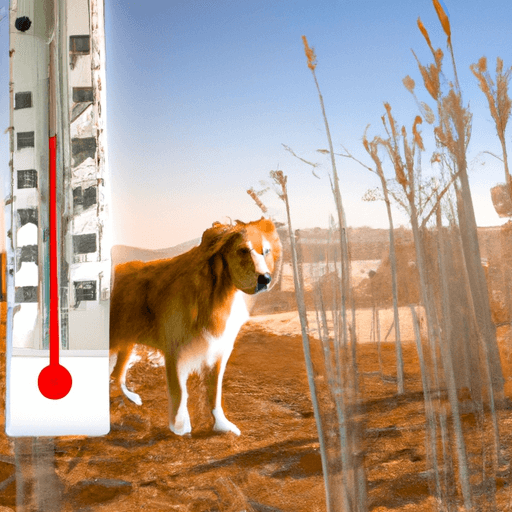The Impact of Climate Change on Pets: Behavioural Changes, Health Risks and Adapting to New Environments
Shifts in climate patterns because of global warming are reshaping the natural environment, and our pets are not immune to this. Emerging studies have suggested a correlation between climate change and changes in the behavior and health of pets, such as dogs, cats, birds, and more. This article offers comprehensive insight into the possible effects and offers practical guidance to assist pet owners in navigating this evolving scenario.
Climate Change and Pet Behaviour
Recent scientific research indicates a link between changing weather conditions and the behaviour of our pets. According to a study by Global Change Biology, temperature variations affect pets' metabolic rates, which in turn affect their behavior. This could result in altered feeding patterns, changes in sleeping habits, or increased aggression.
Extensive heat periods, due to global warming, can cause pets to become more lethargic. Alternately, colder periods may lead to heightened activity levels as they try to generate heat. Greater frequency of thunderstorms can enhance stress-related behaviors such as anxiety and panic.
Health Risks
Climate change does not only bring about behavioural changes, but also health risks. Some pets may experience heat strokes, heart problems or increased incidence of infectious diseases due to their compromised immune systems. Higher temperatures also result in the faster reproduction rates of ticks and fleas, leading to an increase in related diseases.
Adaptation
Pets, similar to all species, have an inherent ability to adapt to changing environments. However, the pace of climate change might exceed their natural capacity to adapt, making it critical for pet owners to intervene and offer necessary support.
Preventative Measures
Veterinary experts recommend focusing on prevention instead of cure. Keep pets hydrated, offer suitable nourishment and maintain a comfortable indoor temperature. Never leave pets in hot cars, even briefly. It’s also essential to handle pets gently to reduce potential stress from erratic weather patterns. Certain pets may also benefit from an adjusted exercise routine.
Conclusion
Climate change is affecting pets in ways we are only beginning to understand. As pet owners, adapting to new patterns of behaviour, understanding the risks, and taking preventive measures can ensure that our pets remain healthy and happy in these challenging times.
For more advanced information on specific weather-linked conditions, behavioural modifications, or adaptation strategies, it’s best to consult with a veterinary expert.


















Comments
Leave a Comment